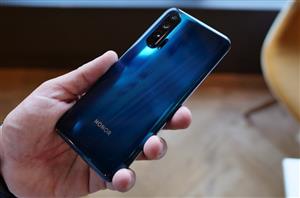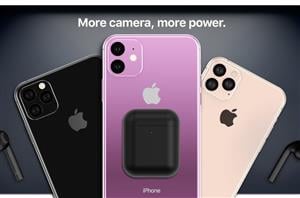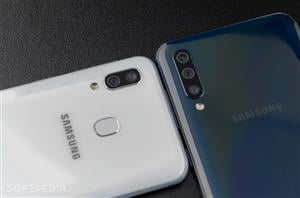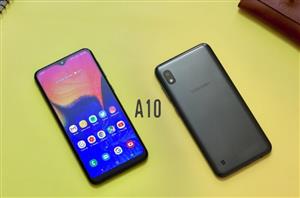Virgin Media Broadband Deals
Virgin Media is a big name in the world of broadband and home entertainment, so if you are considering changing your broadband provider, they could certainly be worth a look. All broadband providers have many different packages, and deciding on what is best for you comes down to how you use your broadband, how many people need to access your bandwidth and the budget you have available each month. Packages are generally charged in terms of speed, and a household with one or two users browsing the web will not need something as robust or fast as a household with four or five users and several devices all connecting at once.
You can also take advantage of other services that Virgin Media provides, and these include things like television and landline deals. By combining these three services into one, you can save even more money and have access to enhanced packages. Our comprehensive reviews of broadband providers and the packages they offer are designed to give you as much information as possible and make it easy for you to compare services side-by-side.
Virgin Media Broadband Packages
When it comes to finding the best price, you need to be aware that many of the offers you see will be introductory prices. This means they will have a fixed period of say three months at a lower rate, and then the price will go up. You need to double-check in the small print to make sure you know exactly what you are getting; otherwise, something that seems to be cheaper could end up costing you the same as you already pay or more in the long run. You should compare speeds and prices, and expect a contract to be offered at either 12 or 18 months.
There are a few providers who now offer rolling monthly contracts with no penalty to end, but generally, you will be tied in for a fixed period. So, if you are in student accommodation, renting, or planning to move house take care that you’re not tied into a contract for longer than you live at the property. Moving house is not considered a continuation of service due to the variation of broadband availability in different areas so you would be charged a termination fee and have to set up a new package when you move.
However, if you are planning to stay at the same address, and you get a good deal, there is no problem committing to an 18 month period. It is important not to overstretch, and pay for services you aren’t going to use as this is a waste of money. Use the information given in this article to work out what speeds you need, as most providers will try and get you onto a more expensive package.
Virgin Media Fibre Optic Broadband Offers
People are often confused between the terms fibre-optic, fibre, and ADSL. The first two are interchangeable and mean the same, ADSL is the older style of broadband, and for most people may be too slow. Initially, broadband was supplied using the telephone system, which is made of copper wire and the mobile phone network.
Advances in technology have given us fibre-optic cables, and these are made of either glass or plastic and have the advantage of being able to carry a substantially more considerable load of information. With that in mind, fibre-optic is always faster than ADSL, and over the last decade, the whole country has been recabled, and almost all areas now have access to much faster Internet provision. There are still some areas where fibre-optic is not available, but checking your postcode is easy.
Fibre-optic speeds vary between 36 Mbps to 900Mbps, and where you live determines the rate you will be able to get. It all depends on the way your connection is bought from the telephone cabinet into your property, and this varies by provider. Another advantage of fibre broadband is that it doesn’t require a phone line to work, however, at present, the two still come as a package deal and not all providers allow you to just have broadband they still insist on a phone line as well. It doesn’t tend to be an expensive addition though so it is just one of those things we generally accept at the moment.
Virgin Media Broadband Coverage Checker
So, if you see a deal, you like the look of the first thing to do is check the coverage of that provider in your area. Generally, there is a page on their website, which enables you to do this either using your landline number or postcode. It also helps if you have details of the speed you currently are provided with. Obviously, if this is too slow, you need to make sure your new provider offers something faster, or if you were looking to save money, you can go for something comparable. If you are entirely unsure, try and match your circumstances to the four categories shown below to see which is closest.
A speed of 0 to 30Mbps would be suitable for a small household with one or two people who mainly browse the Internet or use social media. You are a good candidate for ADSL, which tends to be cheaper as the average speed is 10Mbps.
30 to 60Mbps is considered appropriate for households where three or more people have active Internet activities, which includes streaming movies and playing games and want more than one device connected at the same time. This needs to be a fibre connection as ADSL will not be fast enough.
60 to 100Mbps is perfect for bustling homes, maybe shared houses, or families with several members who have phones, laptops, televisions, and voice assistance all connected at once. This is perfect for lots of streaming with no buffering, ensuring everyone gets an excellent service.
Finally, services of 100Mbps are useful if you are running a business from home, and have a significant requirement for downloading and making video calls et cetera. Buffering and dropping out does not look terribly professional, so it is better to have a higher speed.








